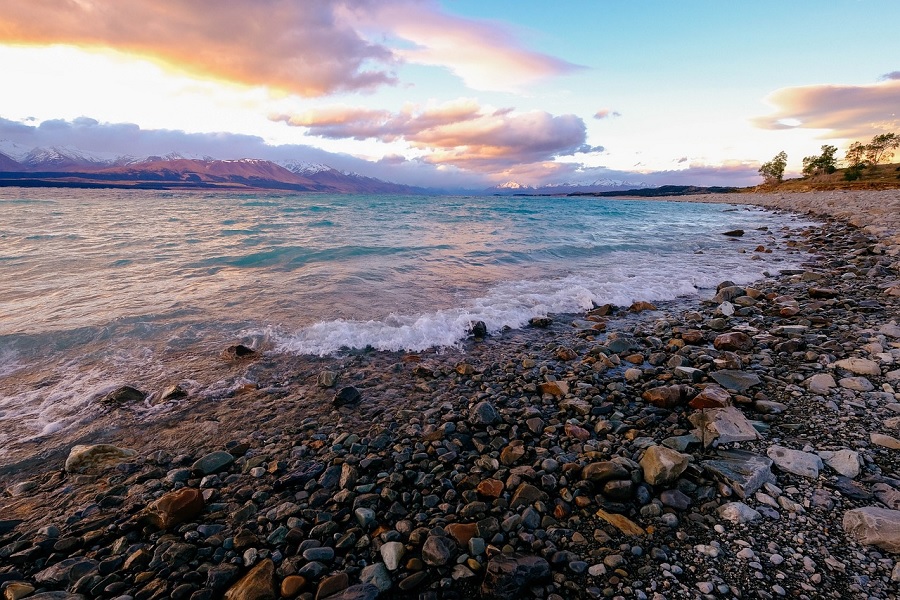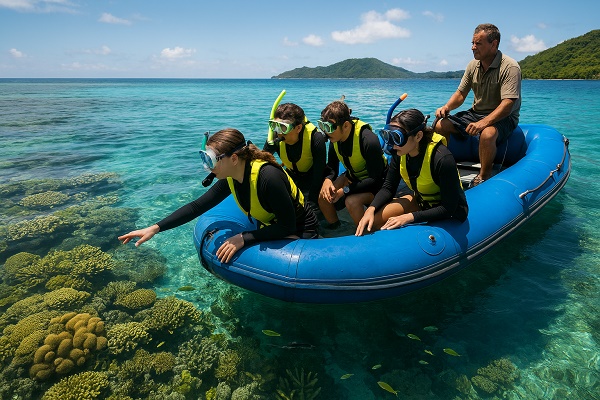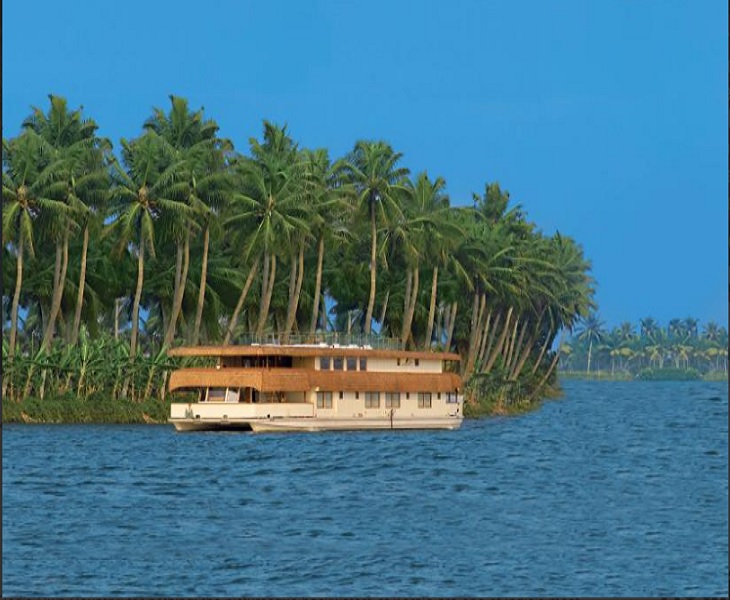From Sea to Shore: Ecotourism's Impact on Coastal and Marine

As the world faces increasing environmental challenges, ecotourism has emerged as a powerful tool to protect the delicate ecosystems that sustain our planet. Coastal and marine ecosystems, which are among the most diverse and vital for life on Earth, are often threatened by pollution, climate change, and over-exploitation. However, ecotourism, when practiced responsibly, has a profound and positive impact on the conservation of these fragile environments. By promoting sustainable tourism practices, raising awareness, and funding conservation efforts, ecotourism helps safeguard the oceans, coral reefs, beaches, and marine wildlife that define our coastal regions.
The Role of Ecotourism in Coastal Conservation
Coastal regions are home to unique ecosystems that support a wealth of marine life. From coral reefs teeming with biodiversity to mangrove forests acting as natural barriers against storms and rising sea levels, these areas are vital for maintaining environmental balance. Ecotourism plays a crucial role in educating travelers about the importance of these ecosystems while encouraging them to take part in conservation activities.
By visiting eco-friendly coastal destinations, tourists not only enjoy the beauty of the ocean but also contribute to its preservation. Many ecotourism programs include activities such as guided tours through marine protected areas, sustainable diving, snorkeling, and wildlife watching that minimize environmental impact. In addition, eco-friendly accommodations along the coast are designed to blend seamlessly with nature, using renewable energy sources, reducing water consumption, and avoiding practices that harm the environment.
Sustainable Diving and Snorkeling: Protecting Marine Life
One of the most popular forms of ecotourism in coastal regions is scuba diving and snorkeling. These activities offer tourists the opportunity to explore coral reefs and observe marine wildlife in their natural habitat. However, as more divers flock to these underwater paradises, it becomes increasingly important to ensure that these activities are conducted sustainably.
Responsible diving practices, such as maintaining buoyancy to avoid coral damage, not touching or disturbing marine life, and choosing dive operators who follow sustainable guidelines, are essential for preserving fragile coral ecosystems. Many ecotourism destinations also use the revenue generated by diving and snorkeling tours to fund marine conservation projects, such as coral restoration and research on marine species.
Marine Protected Areas (MPAs): A Safe Haven for Marine Life
Marine Protected Areas (MPAs) are designated regions in the ocean where human activity is regulated to ensure the health and sustainability of marine life. These areas, which range from coral reefs to deep-sea environments, are crucial for the conservation of endangered species and habitats. Ecotourism has played a key role in the establishment and funding of MPAs. Tourism fees and donations from eco-friendly tours often contribute directly to the management and enforcement of MPA regulations, ensuring that these protected areas remain intact for future generations.
Ecotourism also helps raise awareness about the importance of MPAs, encouraging visitors to respect local rules and contribute to their success. Tourists are often educated about the delicate balance of marine ecosystems and the need for conservation efforts to maintain biodiversity.
Supporting Local Communities and Sustainable Practices
In many coastal regions, ecotourism is a vital source of income for local communities. By focusing on sustainable tourism, these communities can benefit economically while ensuring the protection of their natural environment. Local fishermen, for example, may transition from destructive fishing practices to sustainable eco-tourism ventures like guided boat tours or wildlife watching. This shift not only provides a more reliable income stream but also promotes the idea of conservation as a means of economic growth.
Moreover, ecotourism helps foster a sense of environmental stewardship among local communities. Many coastal destinations involve locals in guiding tours, educating tourists, and participating in conservation initiatives, creating a collaborative effort to preserve their natural surroundings.
The Benefits of Ecotourism for Coastal and Marine Conservation
Education and Awareness: Ecotourism educates tourists about the importance of marine conservation and the need to protect delicate ecosystems.
Revenue for Conservation: Entrance fees, eco-tourism activities, and donations provide vital funds for marine conservation projects.
Sustainable Practices: Ecotourism encourages the use of eco-friendly accommodations and sustainable travel practices that reduce the impact on coastal and marine ecosystems.
Increased Protection for Marine Areas: Revenue generated from tourism supports the establishment and management of Marine Protected Areas, offering safe spaces for marine species to thrive.
Empowering Local Communities: Ecotourism provides economic opportunities for local communities, encouraging them to engage in conservation efforts and sustainable practices.
Conclusion
As the world continues to face environmental challenges, the role of ecotourism in coastal and marine conservation has never been more critical. By promoting sustainable travel, raising awareness about the fragility of marine ecosystems, and supporting local communities, ecotourism has the power to ensure that our oceans, coral reefs, and coastal regions remain vibrant and full of life for generations to come. Whether it's through diving, wildlife watching, or simply respecting local conservation rules, each responsible tourist can contribute to the preservation of the world's most precious ecosystems.
























